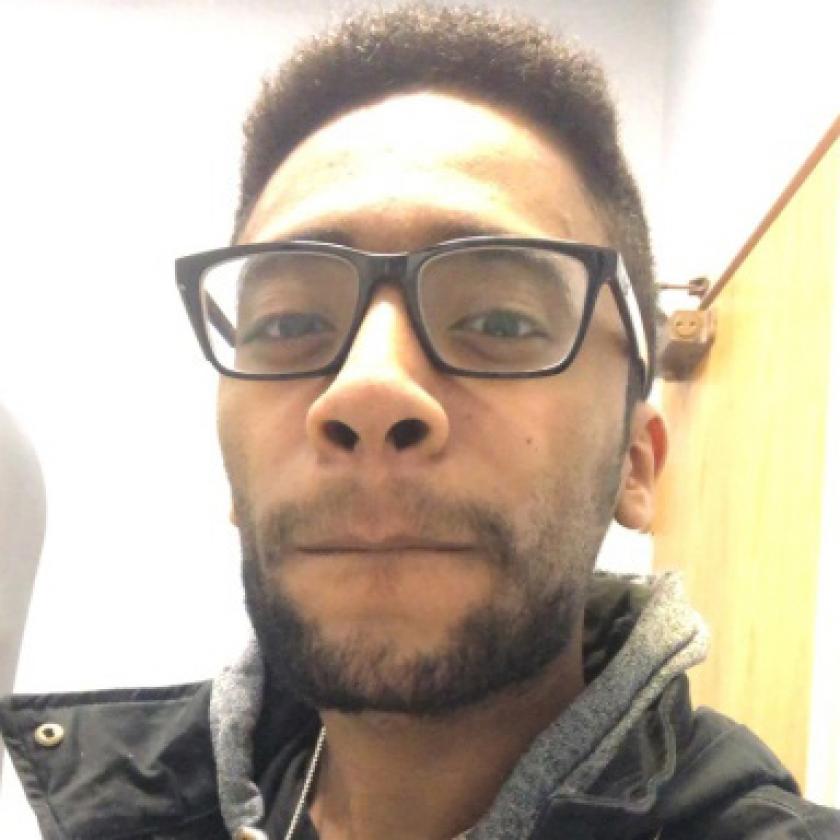
BS/IS student Jared Canty is learning new skills through the Undergraduate Research Apprenticeship Program (URAP). Canty, a senior from the Chicago area who is also majoring in brain and cognitive sciences, applied to the program because he wanted to obtain more research experience before graduation. For his project, he is documenting bilingual (Spanish-English) speech from individuals residing within the Midwest.
"Since most existing bilingual speech samples are drawn from highly bilingual areas like Miami and LA, the project seeks to expand samples from the Midwest to diversify the existing aggregate data," said Canty. "As is the case with English, dialects can vary from region to region, and thus it is important to document this variation. Since we are experiencing an influx in the number of bilingual individuals immigrating to the U.S., this research will hopefully help improve the user experience of these individuals across many interactive technologies."
Canty's research involved creating a corpus (a computerized database of language samples) of the bilingual speech samples. In addition to performing data analysis and data visualization, he learned how to use HTML, CSS, and R Shiny to create an interactive web interface that will allow users to explore "both the data and the myriad analyses conducted upon it." Irati Hurtado, a PhD student in linguistics, has served as a mentor on the project.
Canty appreciates that the University of Illinois offers programs like URAP for students to gain additional research experience. The Office of Undergraduate Research sponsors an Undergraduate Research Certificate, which he called "an incentive for taking advantage of multiple research opportunities."
Canty's plans for the future include full-time employment and/or graduate school. He also would like to design and sell video games and mobile applications on the side, write blogs or journal articles, and volunteer as a museum curator.